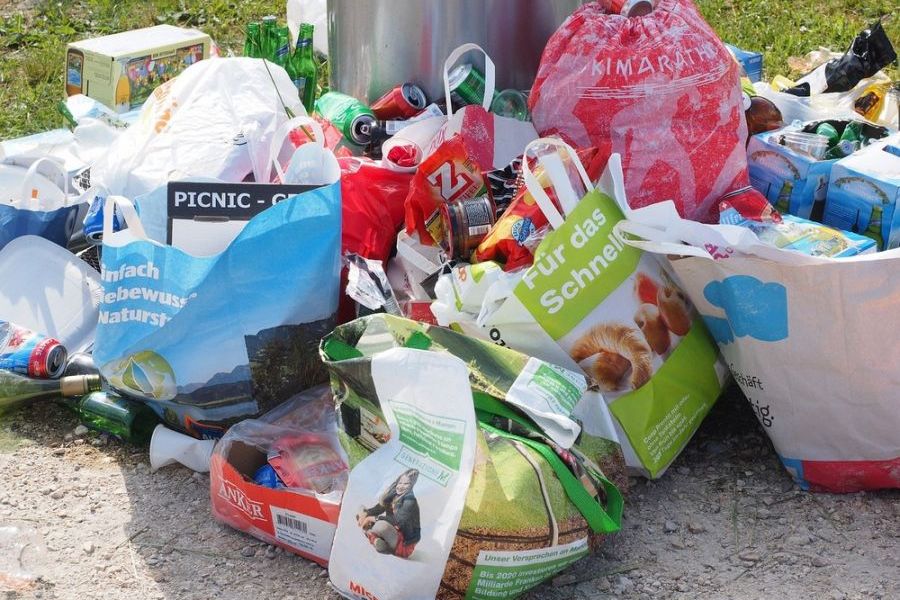
The problem
In response to the alarming issue of excessive plastic consumption in the packaging and transportation of groceries, our student-led project, titled "Eco-Pack," aimed to investigate and compare the extent of plastic usage in local markets and supermarkets in Vienna.
The primary concern revolves around the overwhelming quantity of plastic employed in the packaging and transportation of groceries. This not only contributes to environmental pollution but also poses a threat to sustainable living. To address this issue, our project focused on understanding the magnitude of plastic usage in both local markets and supermarkets.
The solution we used
To conduct a comprehensive analysis, our team divided into two groups, each assigned to explore different aspects of plastic usage in Vienna's grocery markets.
One group delved into the vibrant atmosphere of the Brunnenmarkt, Vienna's farmers market, while the other group explored a local supermarket. Both groups concentrated on observing the packaging practices of local and seasonal vegetables and fruits.
Implementation
Findings: The outcomes of our project revealed some crucial insights into the prevalent use of plastic in grocery markets:
-
Overabundance of Plastic Bags at Farmers Market: One striking revelation was the excessive use of plastic bags at the farmers market. This highlighted a need for more sustainable packaging practices in local markets.
-
Plastic Wrapping of Food Items: Another noteworthy discovery was the frequent wrapping of food items in plastic, emphasizing the need for alternative, eco-friendly packaging solutions in both markets.
-
Minimal difference between supermarkets and local markets: Surprisingly, our comparison revealed no significant disparity in the amount of plastic used between supermarkets and local markets. This suggests that both types of establishments contribute equally to the plastic consumption issue.
Evaluation
Conclusion: "Eco-Pack" not only shed light on the critical problem of plastic overuse in grocery markets but also emphasized the urgency for adopting sustainable practices. By comparing plastic usage in both local markets and supermarkets, our project aimed to encourage awareness and pave the way for eco-friendly alternatives in the packaging and transportation of groceries in Vienna.
